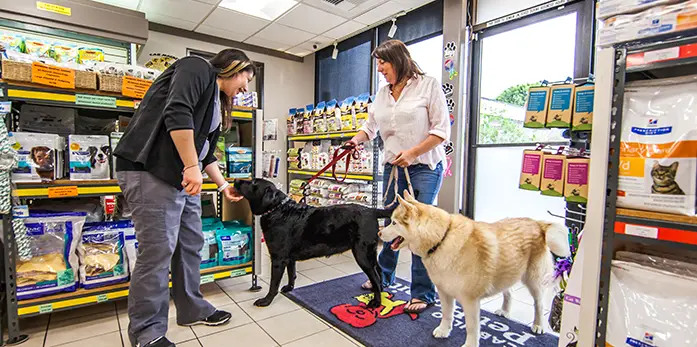CONNIE: Oh! What a beautiful cat. What do you think?
GARY: I think I’d rather get a dog. Dogs are more loyal than cats.
CONNIE: Yes, but they’re so much work! Would you be willing to walk it every single day? And clean up after it?
GARY: Hmm. Good point. What about a bird? Or a fish?
CONNIE: We’d have to invest a lot of money in a cage or a fish tank. And I don’t really know how to take care of a bird or a fish!
GARY: Well, we’re obviously not ready to get a pet yet.
CONNIE: Yeah, you’re right. Let’s go grab some coffee and talk about it.
==============
LANGUAGE NOTES
• Oh! What a beautiful cat “Oh!” is used to show surprise or excitement. “What a …” is an expression that means “I think this is a very …” “What a(n) …” is followed by an adjective, which is usually emphasized. Notice the emphasis on “beautiful” here.
• Dogs are more loyal than cats. Two things are being compared here (dogs and cats). Notice the structure of the sentences: (noun/s) plus “is/are more” plus (adjective) plus “than” plus (noun/s). The nouns and the adjective are content words here, so they are all emphasized.
• Every single day Notice that each word here is stressed. The speaker wants to make a point, so she emphasizes each word equally. “Every single day” is a lot!
• Good point here means “I agree with you.”
• Take care of This phrase is used with animals, people and things. It can mean “watch a child while her parents are away,” “feed and house someone or something,” or “make sure things work properly.” (I always take care of my baby brother./ I take care of my bird by feeding it and cleaning its cage./ I need to take care of the broken sink.)
• Yeah, you’re right. Notice the pronunciation of this expression — the words all blend together here. This casual expression is used to agree with someone that you know well.





